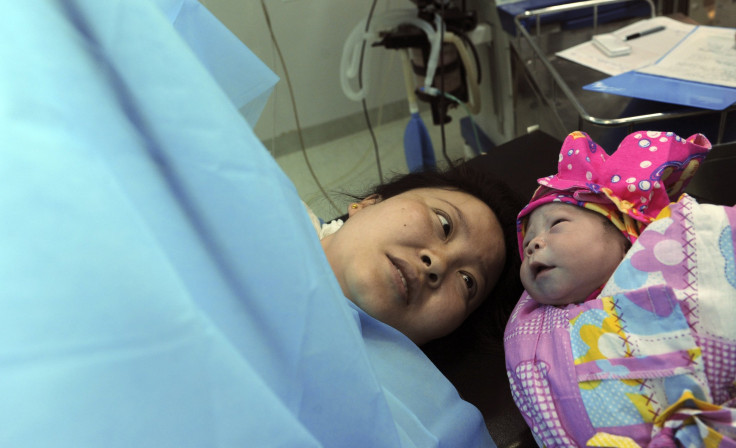Travel News: Trump Administration Moves To Block 'Birth Tourism'

KEY POINTS
- The rule banning birth tourism takes effect Friday
- Conservatives long have decried so-called anchor babies but there's scant evidence birth tourism has any impact on immigration
- Pregnant women seeking medical treatment in the U.S. would have to prove they can pay for it
The Trump administration outlawed “birth tourism” effective Friday to prevent pregnant women from obtaining tourist visas for the purpose of giving birth in the United States and acquiring U.S. citizenship for the child.
The rule is meant to push consular officers in foreign countries to deny visas to women they believe want to give birth in the United States so that their children will be U.S. citizens – creating what conservatives have decried as “anchor babies.” The visas generally are issued to cover such travel reasons as pleasure, medical treatment or to see family and friends.
“Effective Jan. 24, 2020, visitor visas will also not be issued for birth tourism [travel for the primary purpose of giving birth in the United States to obtain U.S. citizenship for their child],” the State Department said on its website.
President Trump has criticized the constitutional provision that confers citizenship on anyone born on U.S. soil, but it is unclear whether birth tourism is a significant contributor to the perceived anchor baby problem or whether either has any substantive impact on immigration.
“Birth tourism poses risks to national security,” the rule says. “The birth tourism industry is also rife with criminal activity, including international criminal schemes.”
The White House said in a statement the rule change will protect the integrity of U.S. citizenship and ease burdens on the healthcare system. Consular officials, however, will not be able to ask a woman directly if she is pregnant.
“This rule change is necessary to enhance public safety, national security, and the integrity of our immigration system,” the White House said. “The birth tourism industry threatens to overburden valuable hospital resources and is rife with criminal activity, as reflected in federal prosecutions. Closing this glaring immigration loophole will combat these endemic abuses and ultimately protect the United States from the national security risks created by this practice.”
Pregnant would-be travelers claiming to be going to the U.S. for medical treatment would have to prove they have the funds to pay for that treatment and that the medical care sought is not available at home.
“If an applicant’s responses to this line of questions are not credible, that may give consular officers reason to question whether the applicant qualifies for a visa,” the rule says.
“It is absurd that the Trump administration is turning embassy employees into reproductive policemen,” Kerri Talbot, a director at the advocacy group, the Immigration Hub, told Reuters. “Women will have to conceal their pregnancies just to get a tourist visa to visit the U.S.”
© Copyright IBTimes 2025. All rights reserved.






















